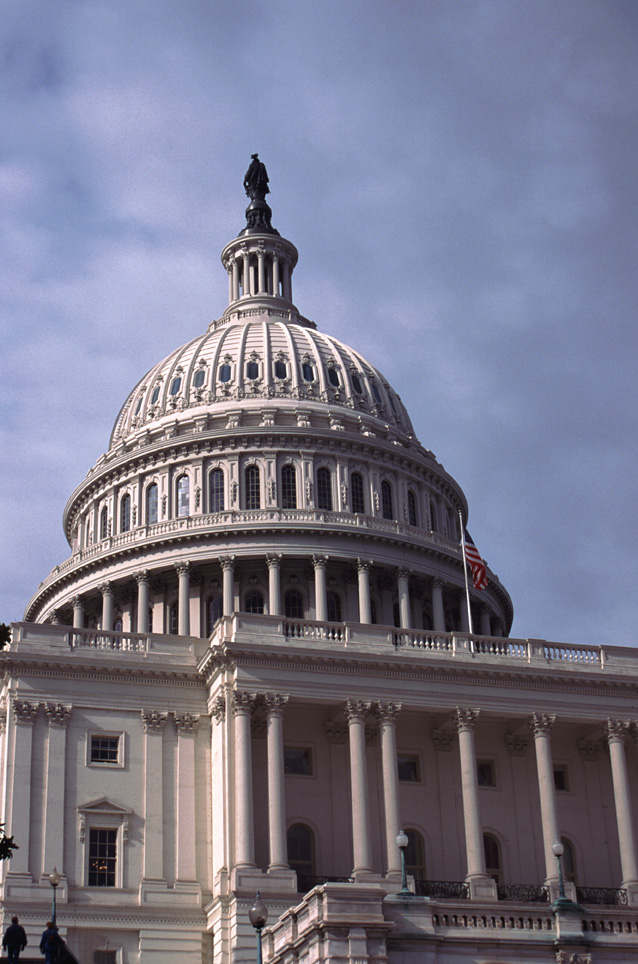
New “Faith in Giving” Coalition
Faith-based service organizations, like other nonprofits, are dependent on private giving and thus count on tax incentives for giving, such as the federal deduction for charitable contributions. And yet, because they are religious organizations, they may have distinct interests in the big fight that has broken out in Washington DC and in state and local politics concerning tax breaks for donations and tax breaks for nonprofits themselves.
That’s the premise of a new coalition just forming, tentatively called the “faith in giving” coalition. Its sparkplugs are Rhett Butler, government liaison for the Association of Gospel Rescue Missions, and David Wills, President of the National Christian Foundation.
There are at least four areas where faith-based organizations, or many or most of them, may have concerns somewhat different from secular nonprofits–and from the public policy agendas of major nonprofit advocacy organizations:
1. Many faith-based organizations are extremely dependent on giving by individuals; for various reasons they receive little of their income from government sources, fees for service, corporate donors, or foundations. As such, their income is disproportionately (compared to other nonprofits) affected by changes in the tax incentives for individual giving, whereas other nonprofits may be more concerned about changes in government grants or declines in corporate giving due to economic changes, etc. However, this disproportionate dependence on individual giving may not be accurately reflected in the econometric models and expert testimony utilized by lawmakers in considering changes to tax policy.
2. Data sources that attempt to measure giving to various causes may not accurately reflect what goes on in the faith-based world. For example, giving to faith-based nonprofits might be categorized as giving to “church” and be presumed to be inwardly focused–overlooking both how those faith-based nonprofits serve the broader community and how churches themselves typically operate programs that serve non-members. In the same way, a narrow view of religion will neglect to take account of how congregations not only directly serve their neighbors through various programs but also more generally contribute to the flourishing of their communities and thus to the good of the needy.
3. Some in the secular world have little regard for religion as a positive force and are inclined to want to restrict tax incentives to “worthy” causes, such as nonprofits that are narrowly focused on anti-poverty programs. An important and growing strand of progressive thought seeks to limit tax exemptions and giving incentives to “public serving” charities–excluding from the category religious nonprofits that hire according to religion or that “discriminate” in services (e.g., do not facilitate abortions or recognize same-sex marriage). (Other activists have advocated that government, foundations, and corporate donors should require grantees to provide some fixed percentage of their services to various minorities, including sexual minorities, and to manifest certain forms of diversity among their staff and board memberships.)
4. Faith-based charities and their advocates have to be especially concerned about intrusive government rules, reporting requirements, and investigations (shades of the current revelations about IRS malfeasance) to protect the religious freedom of the religious organizations (here’s the proper meaning of church-state separation). For example, policymakers may think they are just trying to obtain all legitimate revenue by restricting a tax exemption to the “worship” activities of a religious organization–but they may in the process illicitly be defining the other activities of the organization as not religious.
We can note, too, that giving to religious organizations–both houses of worship and faith-based service organizations–may be more resistant than secular giving to economic downturns because of the religious motivation and perspectives of the givers.
For such reasons, faith-based organizations, without neglecting to make common cause with other nonprofits, may need additionally to consider certain matters of specific concern to them as religious entities. That’s the idea behind the emerging coalition.
Among other activities, the “faith in giving” coalition will monitor congressional hearings and legislative developments, meet with members of Congress, facilitate meetings by faith-based organizations with their congressional representatives, work to educate the media, and encourage the organizations to submit comments on tax reform proposals that might affect charitable giving.
For further information, contact Rhett Butler of the Association of Gospel Rescue Missions (rbutler AT agrm.org).
